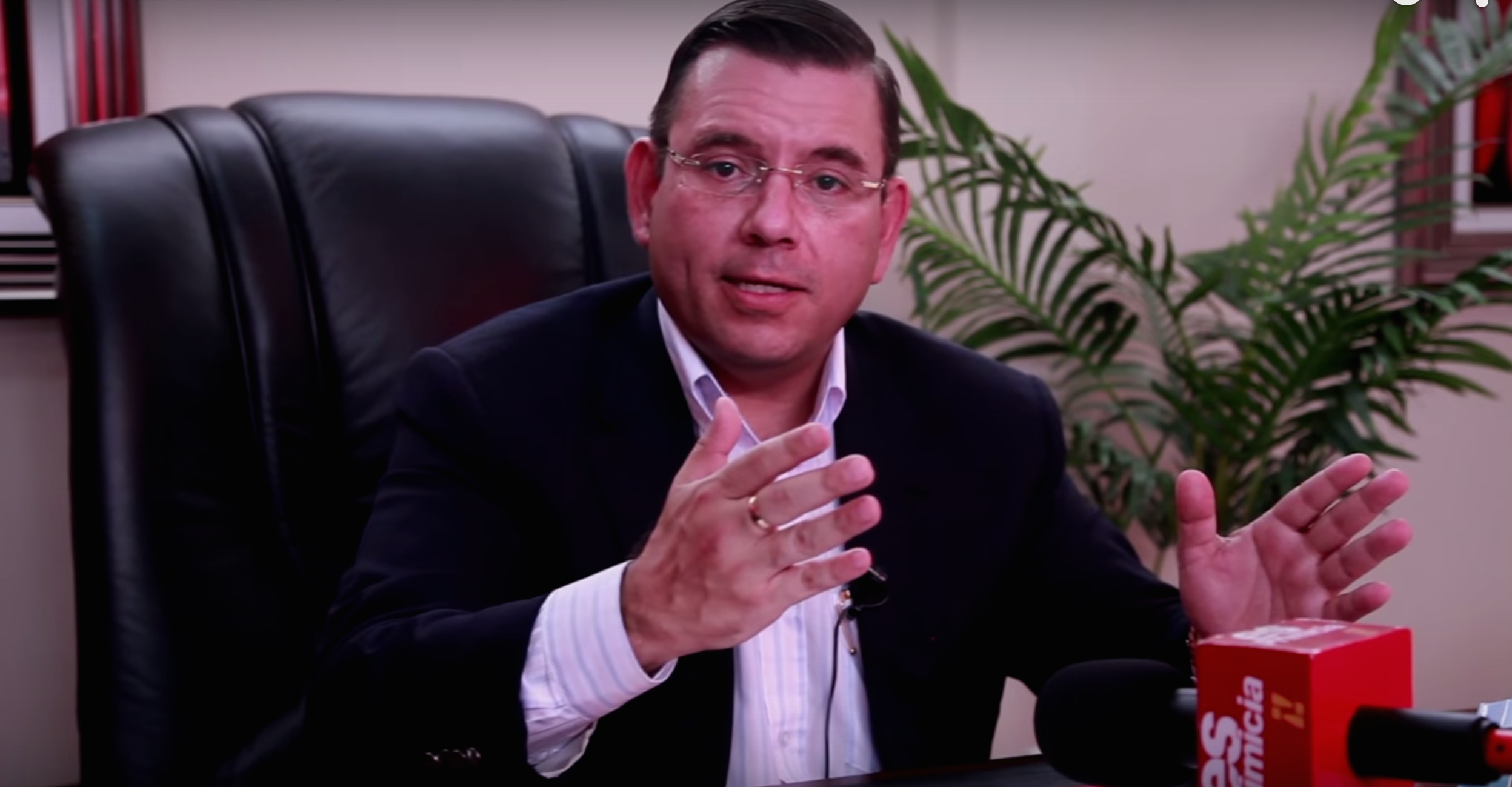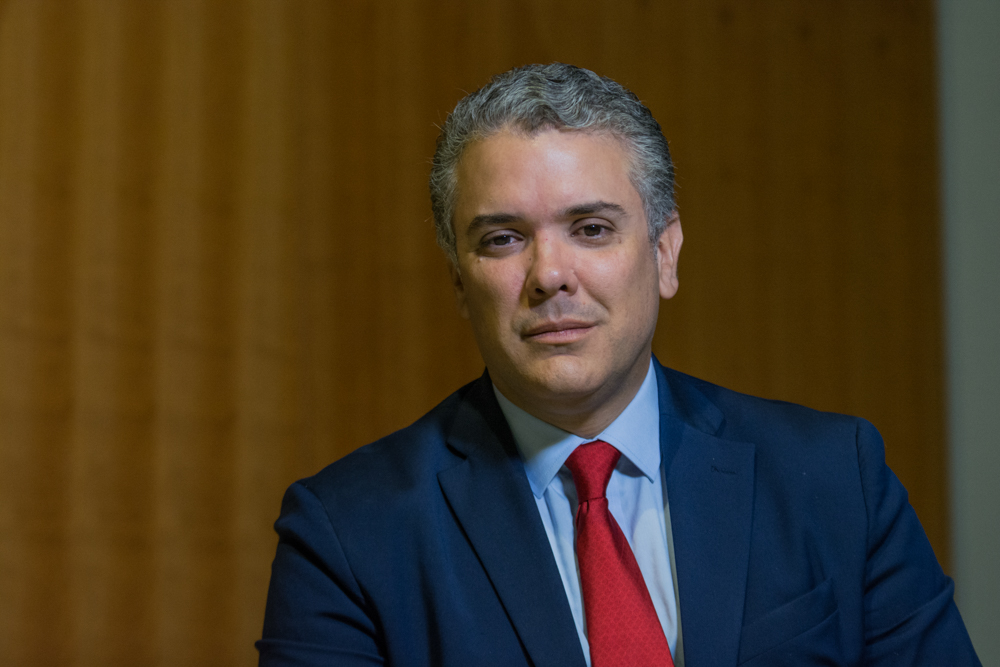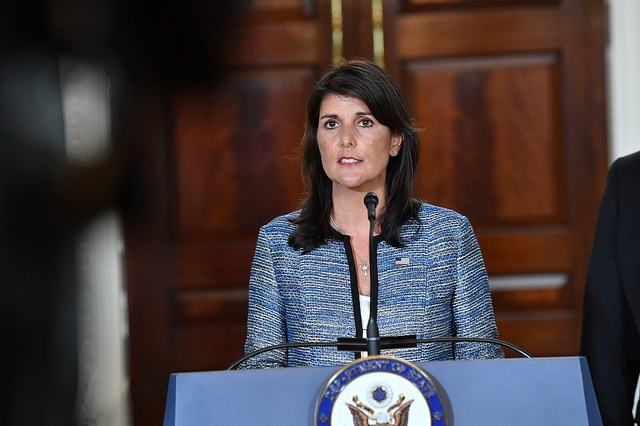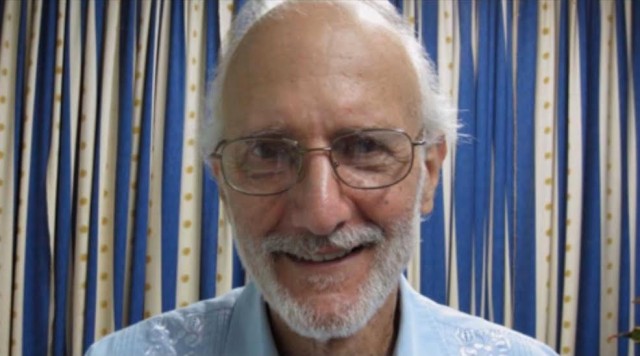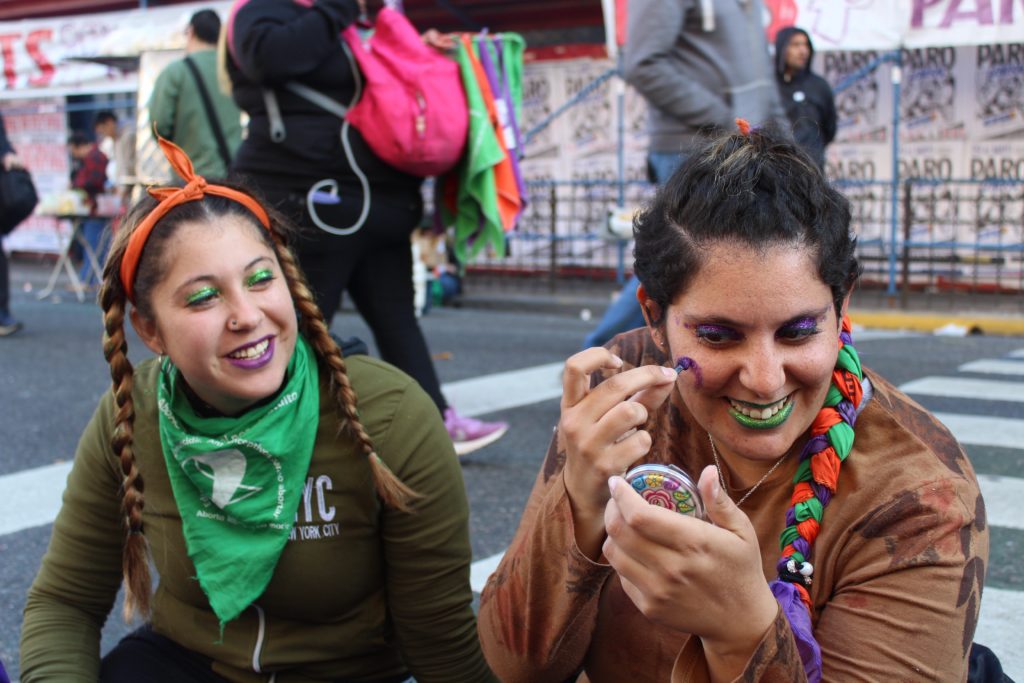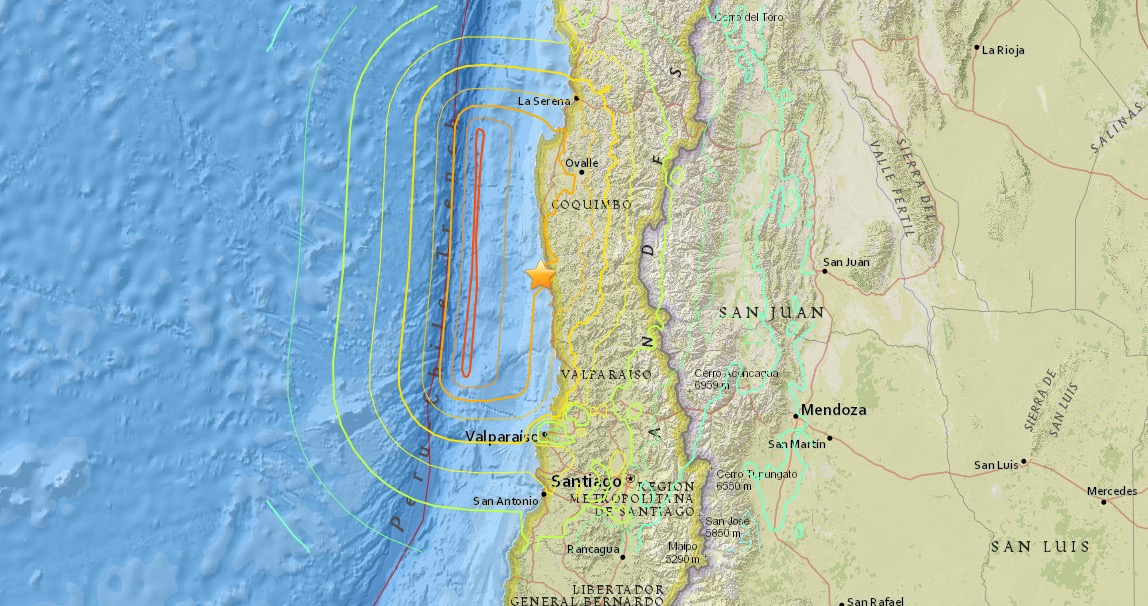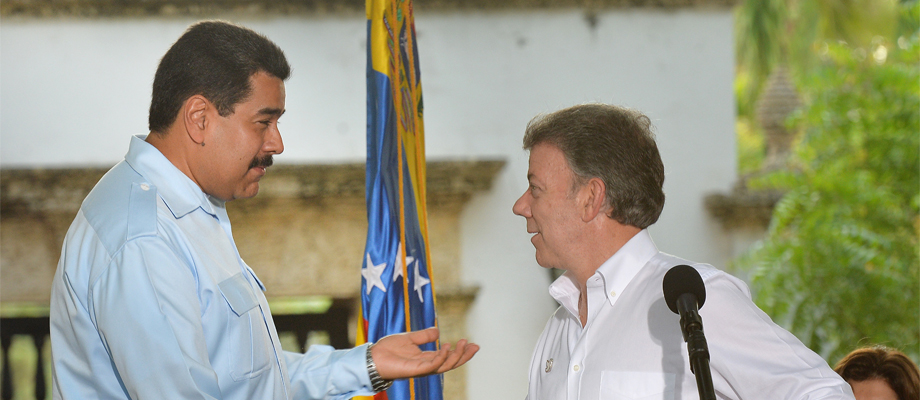
Andes, Colombia, Latin America: Week in Review, Venezuela
Colombia, Venezuela May Soon Hold Talks on Border Crisis
September 16, 2015 By Staff
Top Story — Colombian President Juan Manuel Santos said on Tuesday that a meeting with his Venezuelan counterpart Nicolás Maduro may happen after the latter’s “gestures” toward resolving a crisis on their countries’ shared border.
During a trip to Paraguachón in the north of Colombia’s La Guajira department, Santos said he’d heard reports that “abuses” against Colombians have halted in recent days, and that he may soon meet with Maduro, Reuters reported.
Tensions have been high since the shooting of three Venezuelan police officers on Aug. 19 prompted Maduro to launch a security crackdown in the border region, an area typically favoring Venezuela’s political opposition. Venezuelan authorities on the border have shut crossings and deported some 1,400 Colombians, while at least 18,000 have left voluntarily.
A New York Times editorial on Sep. 2 said Maduro, whose United Socialist Party is facing projected losses in December legislative elections, had “manufactured” the crisis.
Also on Tuesday, Santos announced a decree that would allow the Venezuelan spouses of those Colombian deportees to apply for citizenship in Colombia, W Radio reported.
Santos previously said that on Saturday his country’s military detected the presence of two Venezuelan jets in Colombian airspace, the BBC reported. Some 43 percent of respondents to a Colombian poll said they feared the crisis could result in military conflict between the two countries, who temporarily recalled their respective ambassadors before renewing diplomatic talks last weekend.
The UN’s High Commissioner for Human Rights on Monday said he was “disturbed” by Venezuela’s deportations of Colombians, some 5.7 million of whom live in Venezuela, after having fled Colombia’s bloody, 50-year internal conflict.
Headlines from the Western Hemisphere
North America
- Mexican officials confirmed Tuesday that a total of eight Mexican tourists killed on Sunday in Egypt’s Western Desert, where security forces fired on their convoy after mistaking them for Islamist militants.
- U.S. presidential candidates from across the political spectrum are using September’s designation as Hispanic Heritage Month to appeal to Hispanic-Americans, The New York Times reports.
Caribbean
- Cuban President Raúl Castro will visit the United States to address the U.N. General Assembly on Sept. 28, marking his first visit as president.
- Puerto Rico’s debt-ridden sewer authority has reached a settlement with the U.S. government to update its infrastructure problems, which will be financially possible since the Justice Department waived fines levied against the authority for dumping untreated sewage.
Central America
- Results released on Tuesday by Guatemala’s electoral court show that former First Lady Sandra Torres defeated businessman Manuel Baldizón by a slim margin of 0.12 percent in the presidential race’s first round of voting, though she was still behind television personality Jimmy Morales, whom she will face in the October 25 run-off.
- Farmers in Guatemala, El Salvador, Honduras and Nicaragua require agricultural assistance in the face of reduced cereal yields caused by an extended period of dry weather linked to El Niño, according to the United Nation’s Food and Agriculture Organization.
- Guatemala’s protest movement still faces new challenges in ensuring that recent successes translate into concrete improvements for citizens, a problem The New York Times explores in a dispatch from Guatemala City.
Andes
- A Colombian air force commander said during a news conference that a Venezuelan aircraft invaded the country’s airspace for the second time in two days, the latest development in an ongoing border dispute that threatens to further destabilize relations between the two neighboring countries.
- Peruvian drug kingpin Gerald Oropeza, detained on Saturday in Ecuador after avoiding capture for five months, has been extradited back to Peru to face charges.
Southern Cone
- Hoping to avoid a dangerous voyage across the Mediterranean, more than 7,000 Syrian refugees have come to Brazil, a country with a large population of Syrian descendants and a history of accepting refugees.
- Chilean aviation authority workers went on a 24-hour strike Tuesday ahead of a busy travel day, grounding flights at all of the country’s airports in a call for better working conditions and worker benefits.
- In an effort to reduce the rate of deforestation in the Amazon, the Norweigan government will make a $100 million payment to Brazil this year — the last payment in a $1 billion project that began in 2008.
Subscribe to Today in Latin America by Email
< Previous Article
